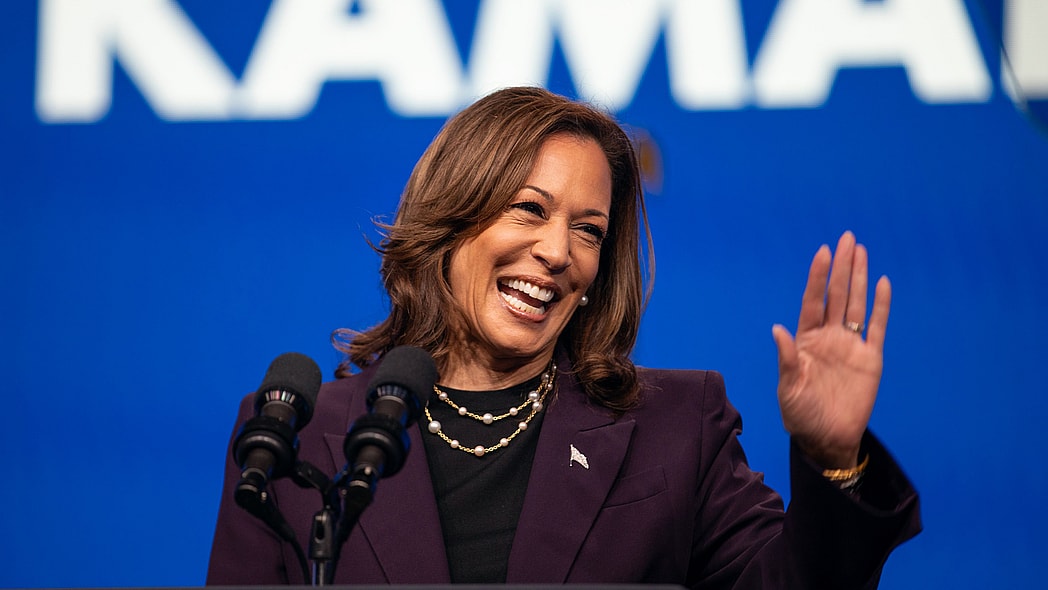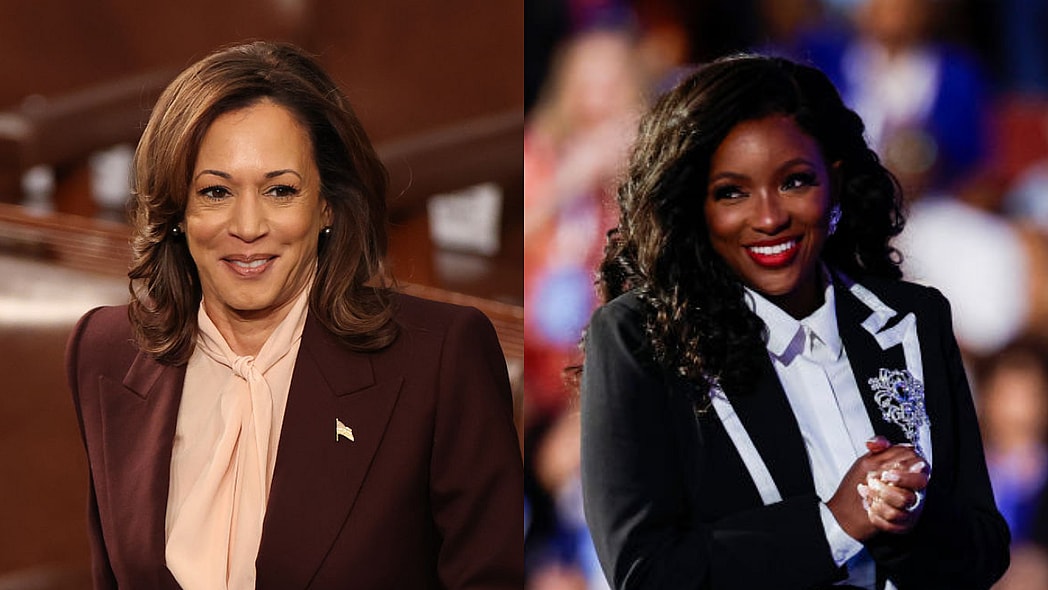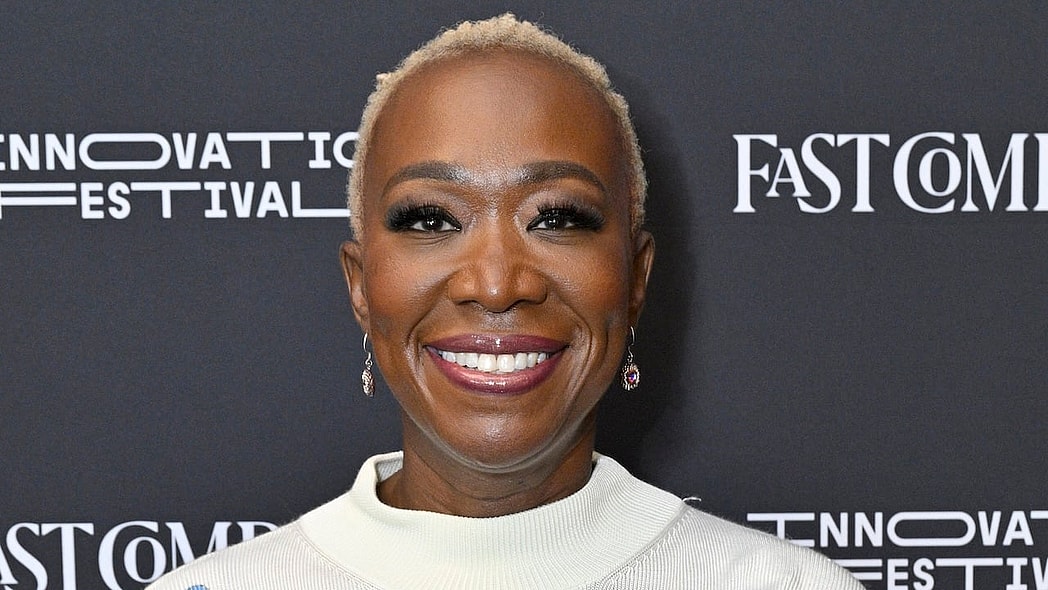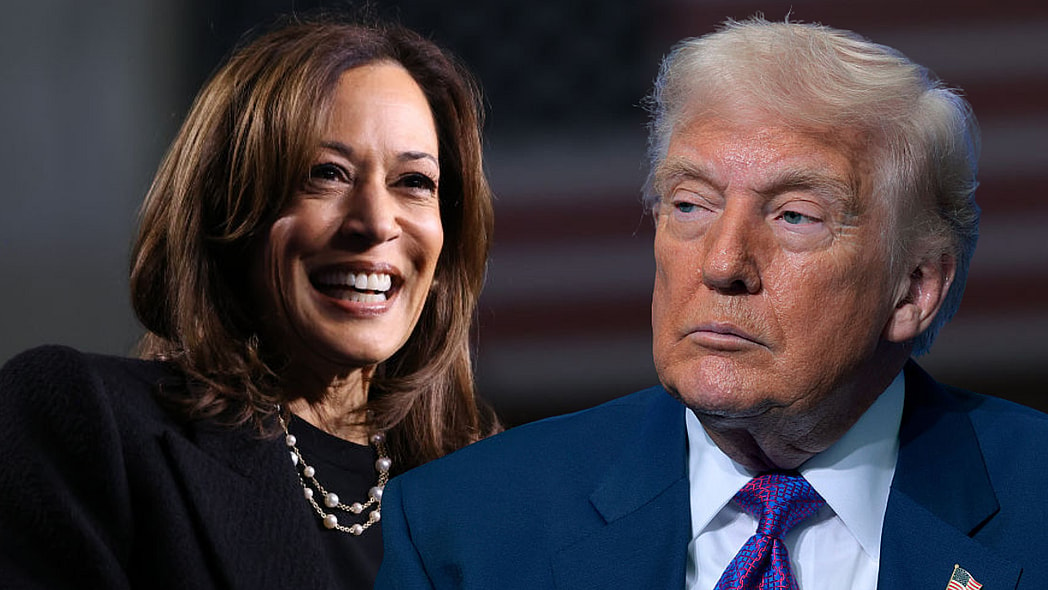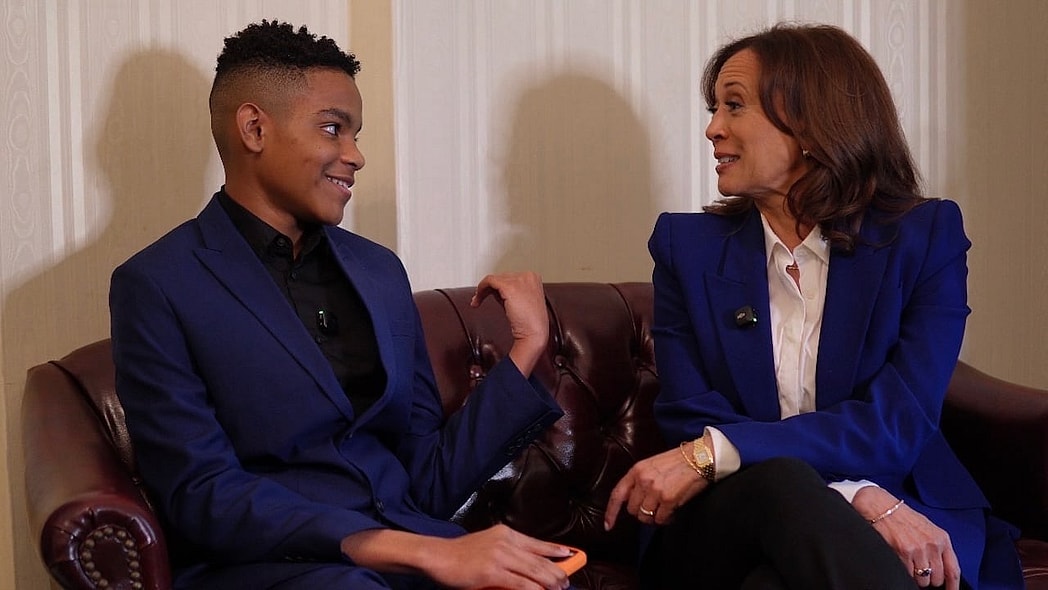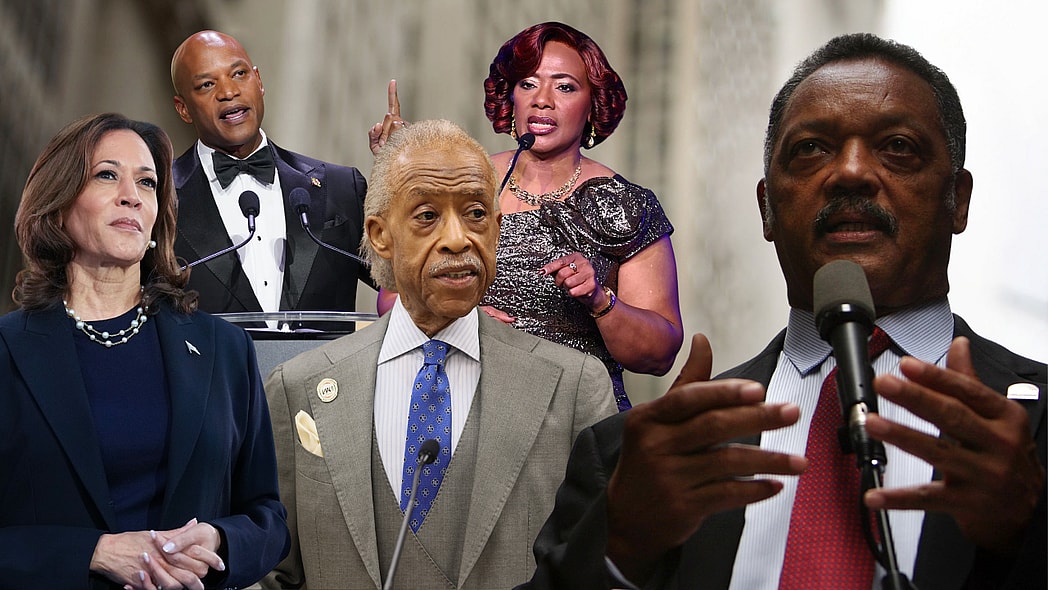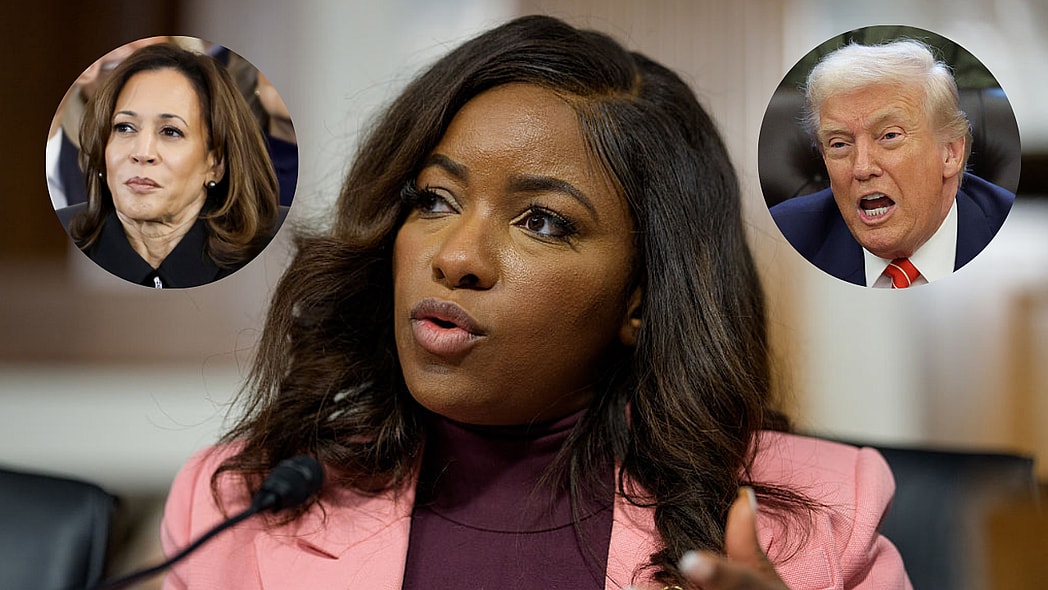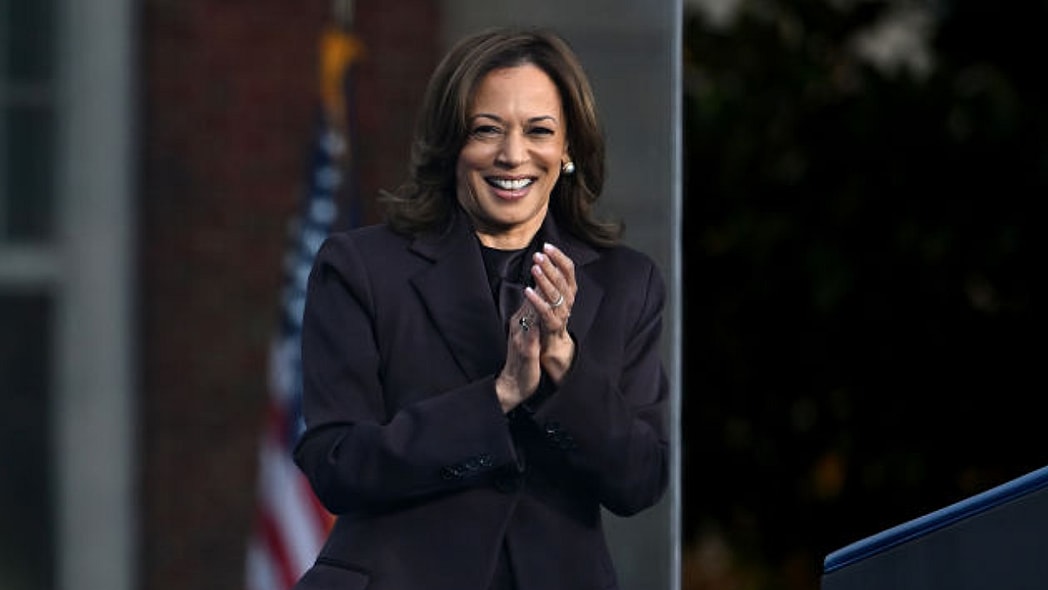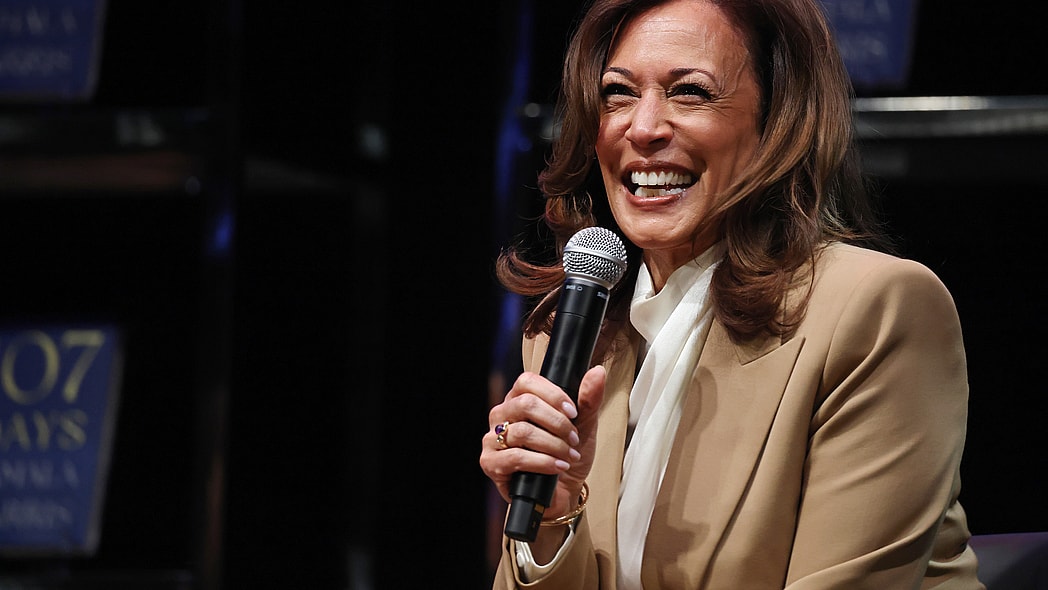The Democratic National Convention (DNC) marks a historic feat for Kamala Harris. On Thursday, she will officially become the first Black woman and person of South Asian descent to clinch the presidential nomination from a major political party.
It’s a moment that can be seen as Democrats’ long-owed debt to Black women, who, for decades, have been regarded as the political backbone of the racially and ethnically diverse party.
“For me, as a Black woman, I look at it from the standpoint of Shirley Chisholm‘s legacy really being paid back by the party in nominating and embracing this Black woman to make her the most powerful person in the country,” said Joy Reid, host of MSNBC’s “The ReidOut,” told theGrio.
More than 50 years before Harris’ historic rise in American politics, Chisholm made history in 1972 when she launched her glass-shattering presidential campaign. The then-two-term U.S. congresswoman made history as the first Black person — and first Black woman — to run for the White House.
“The country was clearly not ready … this is four years after the assassination of Dr. [Martin Luther] King, and the country was not ready to shift the conversation from race to feminism,” explained Reid, who this week joins MSNBC’s superstar anchor lineup for the network’s special live DNC coverage in Chicago.
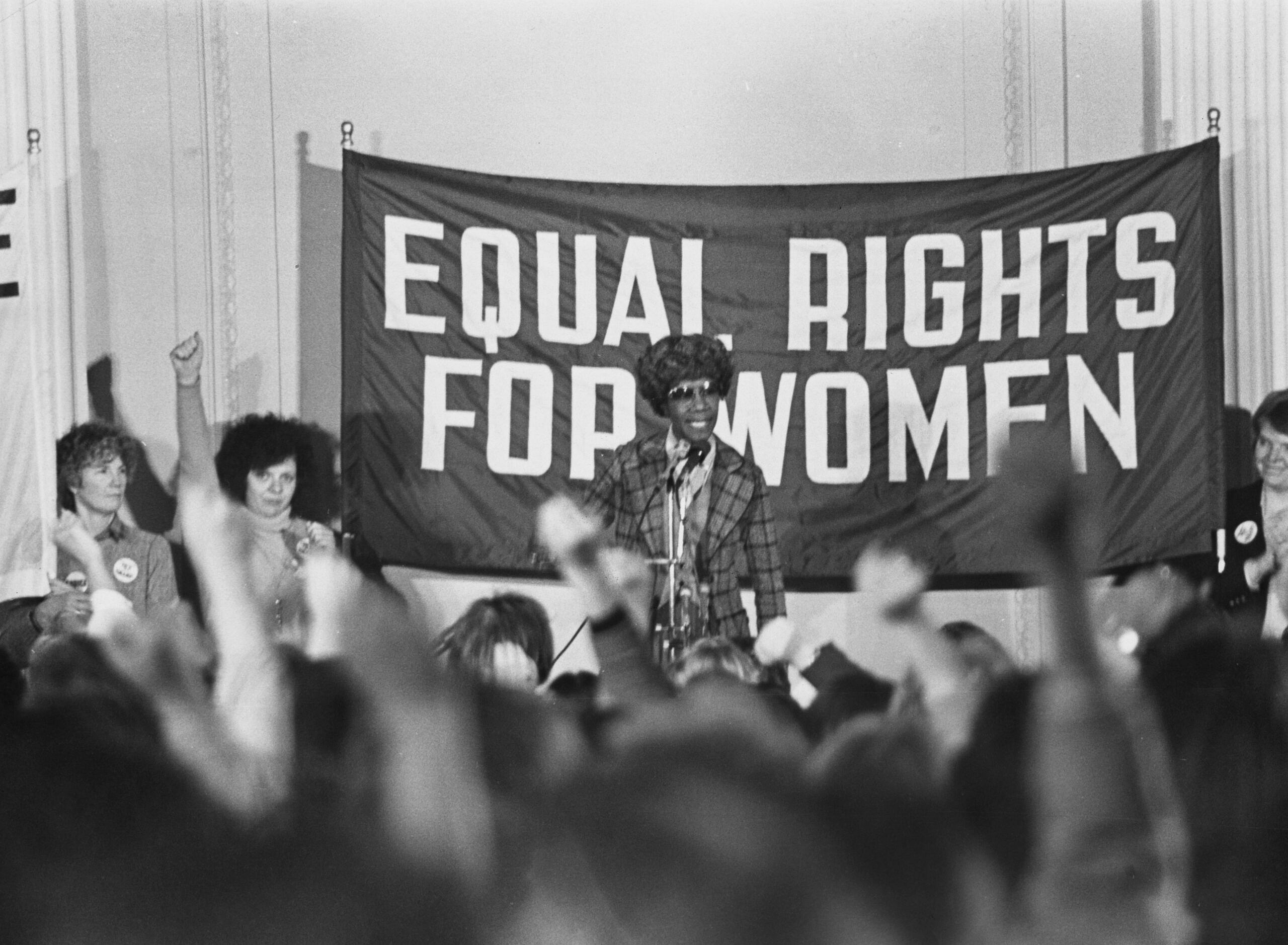
Despite Chisholm’s unsuccessful bid for the presidency, Black women’s organizing and election turnout resulted in major wins for the Democratic Party over the ensuing years.
“Black women have been so foundational to the Democratic Party in the last two generations,” said Reid.
The journalist and theGrio alum acknowledged the pioneering Black women who worked behind the scenes in Democratic politics, paving the windy road for Harris’ ascent to the top of the ticket with her vice presidential running mate, Minnesota Gov. Tim Walz.
Those women include members of the self-described “Colored Girls,” comprised of Minyon Moore, chair of this year’s DNC; Donna Brazile, former Democratic National Committee chairwoman; Leah Daughtry, co-chair of this year’s DNC rules committee; and Yolanda Caraway. All four women got their start in Rev. Jesse Jackson’s presidential campaign.
Despite the pioneering efforts of Black women in politics, Reid lamented that only a handful of Black women have served in the U.S. Senate (a shortlist that includes Harris), and none have been elected governor, despite the notable efforts of Stacey Abrams.
“Black women have not gotten a lot of power in return,” Reid told theGrio. “Black women have carried this party for so long and worked so hard and worked so diligently without a lot of recompense.”
It was that lack of progress and frustration that led the very same Black women who helped reshape the party to organize once more to ensure President Joe Biden selected Harris as his running mate in 2020. They also pushed the 46th president of the United States to nominate Ketanji Brown Jackson as the first Black woman to serve in the U.S. Supreme Court.
Organizing aside, Reid says Harris’ emergence as the Democratic Party’s standard bearer should come as no surprise to those who have paid close attention to her.

“She’s been on the radar of a lot of us who’ve been covering politics for a long time,” said Reid, who recalled Barack Obama, America’s first Black president, naming Harris as “most likely to be the next him.”
Reid said she remembered Harris as a standout on Tavis Smiley’s “The State of the Black Union” in the early 2000s. Though her first launch for president in 2020 ended shortly before the first Democratic primary contest, Reid maintained that Harris “had really shown her political ability in that campaign.”
The MSNBC host continued, “She didn’t get nominated at the time, but she did well enough and was compelling enough to particularly Black women voters that it seemed to me inevitable that she would be the choice of Joe Biden for vice president.”
What did surprise Reid was the party’s “full-throated, enthusiastic … [and] almost celebrity-level embrace” of Harris.
“We haven’t seen that with any Black woman who’s raised her hand for a political office … and to see it come not just from Black women,” she said. “White women are excited. White men are excited. Black men are excited. Latinas and AAPI folks.”
As various groups of the voting electorate unite against an “anti-democracy movement” led by Republican presidential nominee and former President Donald Trump, Reid said there’s a sense of urgency for “anyone who cares about equality and equity.”
“The idea that ‘We’re not going back’ … is like urgent,” she said, in reference to the spontaneous slogan for the Harris for president campaign.
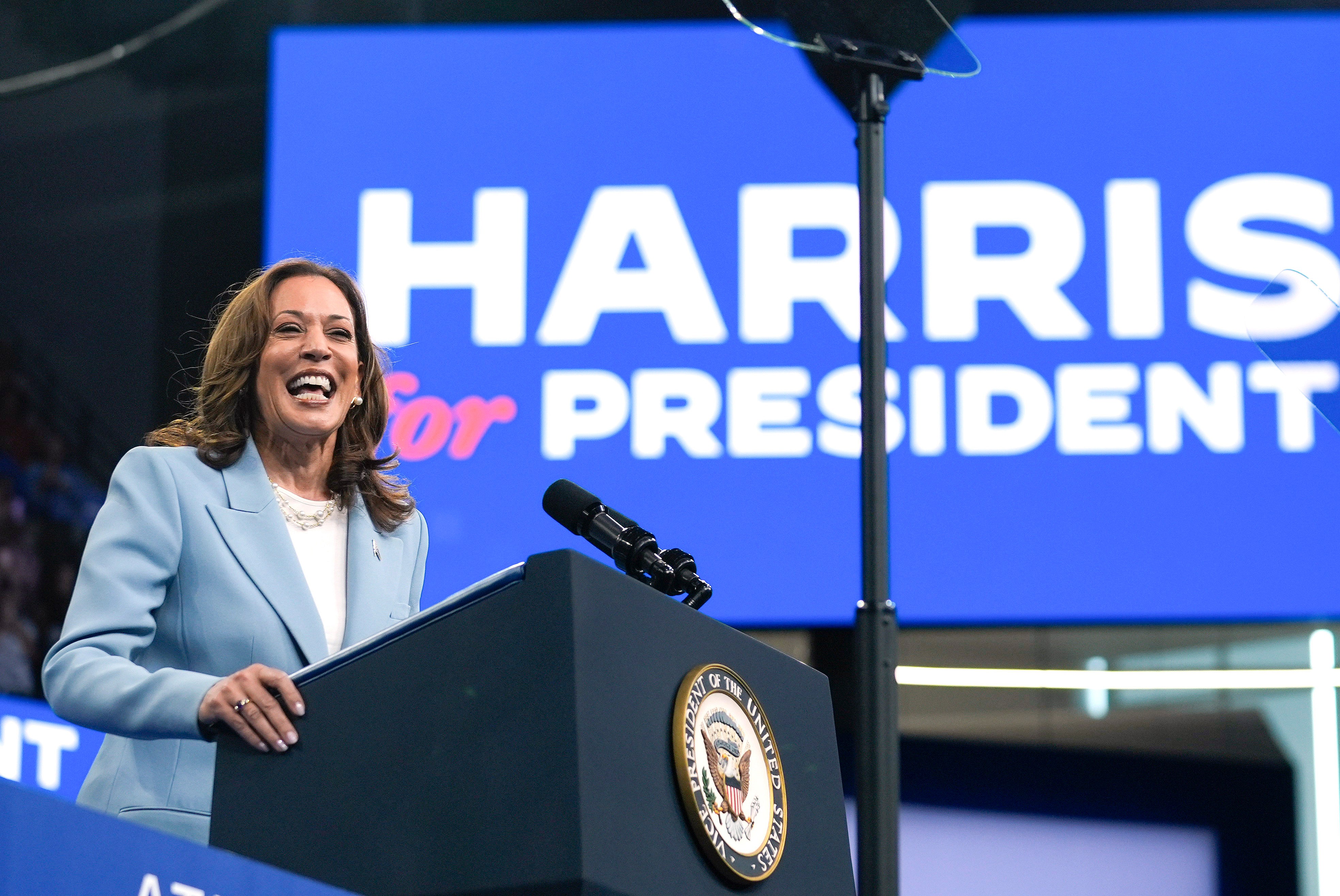
Reid added, “I think she is walking into an urgency that is making her campaign possible and is making it popular.”
Of course, with fewer than 80 days left until Election Day on Nov. 5, many voters still don’t know a lot about Harris and Walz. Reid said the role she and others in the news media will play in shaping the coverage of the historic campaign will be crucial.
“We’re sort of introducing two relatively new figures on the American stage. So we have to cover them robustly,” she urged. “And at the same time, we have to remind people that the risks are still very real.”
In the meantime, Harris continues to ride a wave of enthusiasm that shows no signs of slowing down. Reid acknowledged that the vice president’s unique identity can’t be ignored.
“At a certain point, a country needs its mama,” said Reid. “It’s partly her and her own ability, and it’s partly a sort of deep-seated and deeply felt need in this country to have, like a sister, friend, auntie … a female presence to make the country feel better about itself.”

